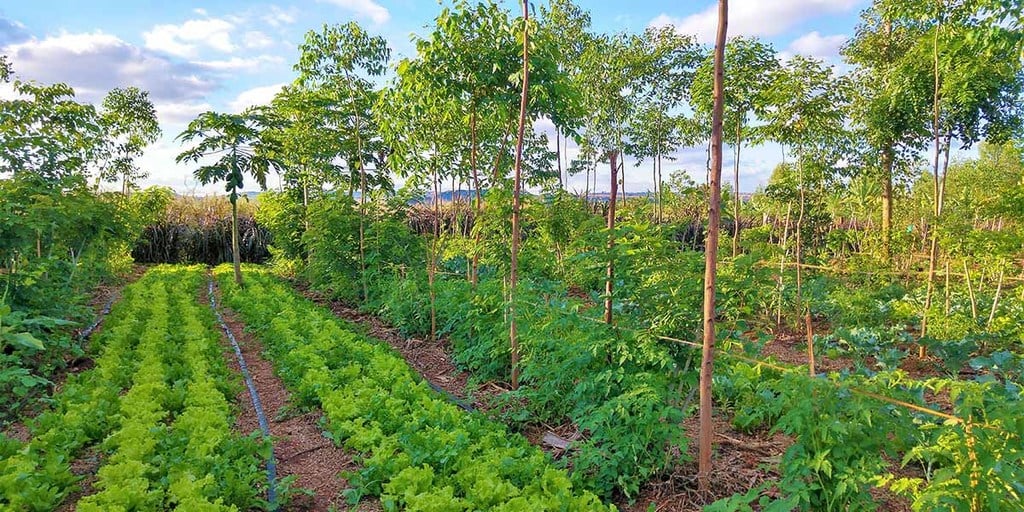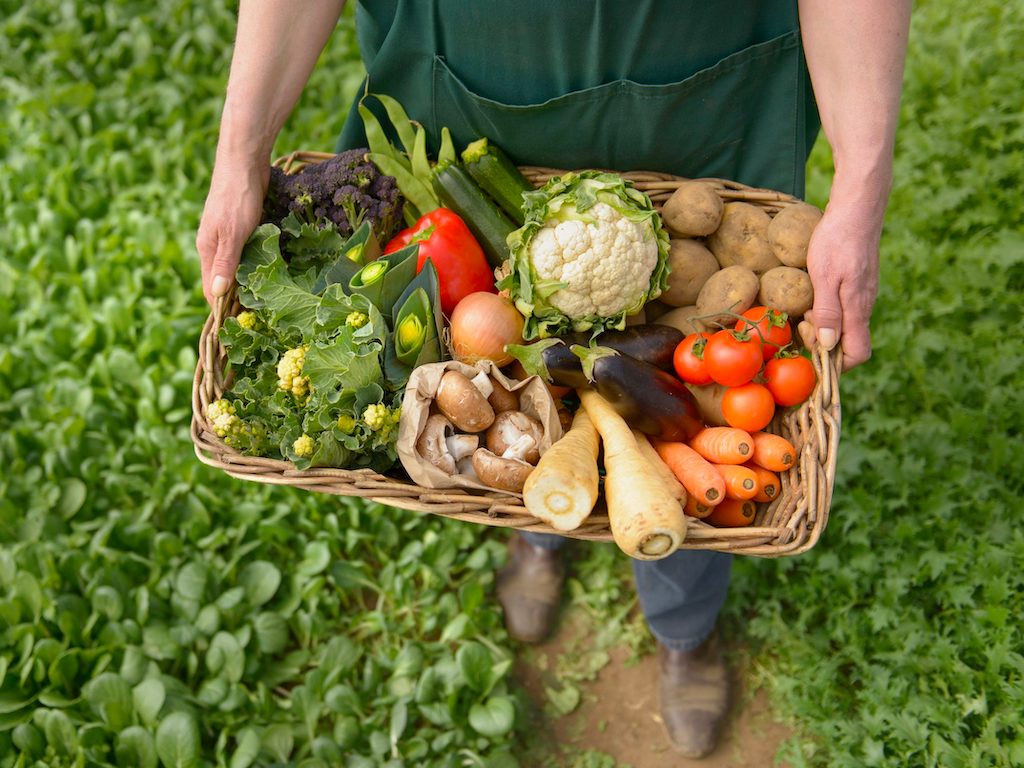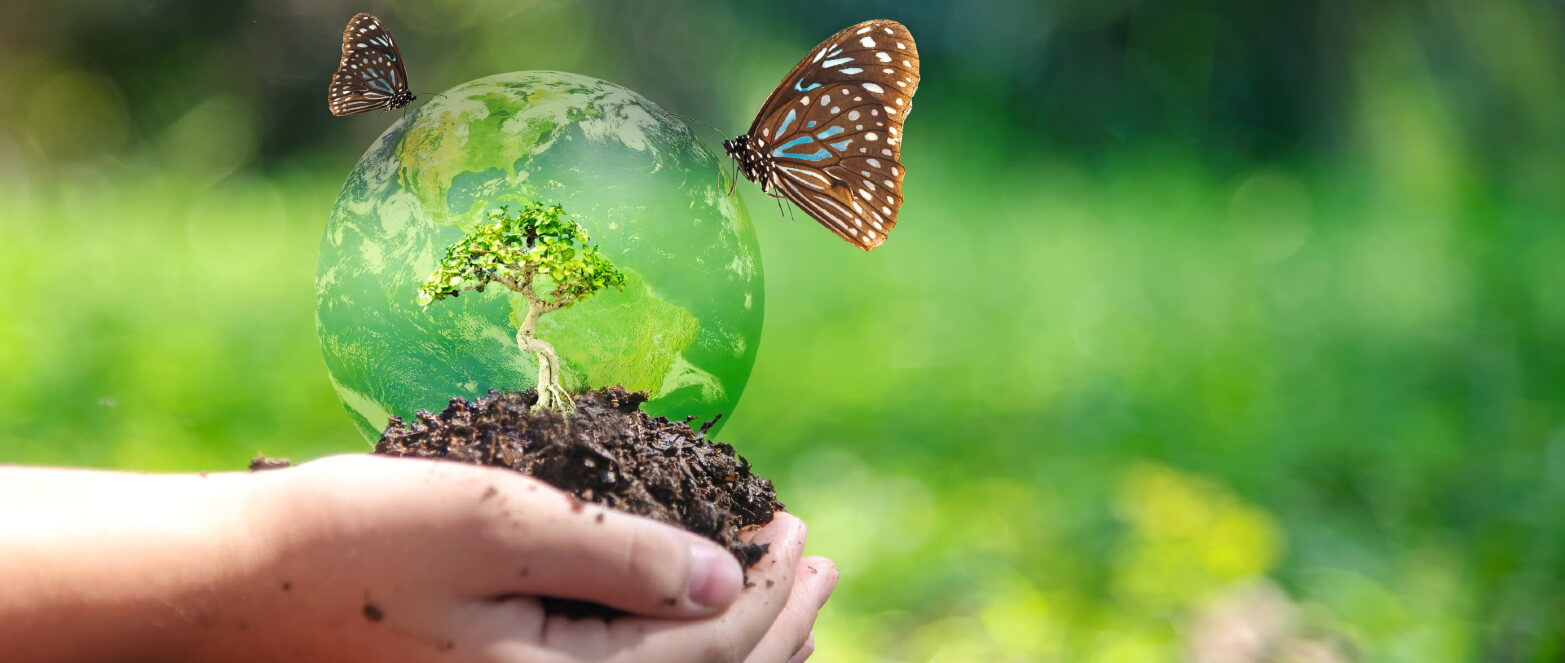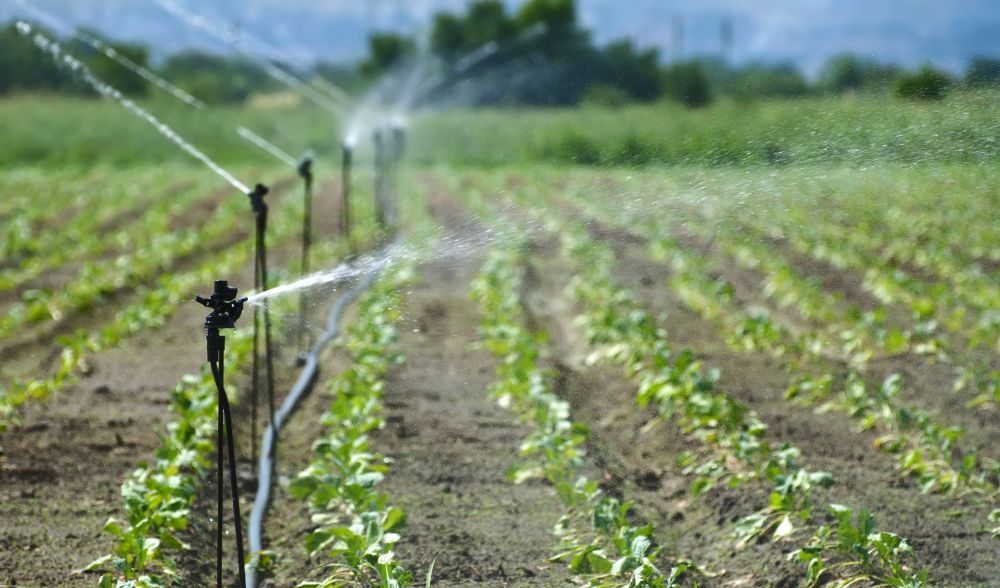Sustainable Farming Practices: Organic Agriculture and Permaculture
In a world where the consequences of our actions on the environment are becoming increasingly evident, the need for sustainable farming practices has never been more pressing. Enter Organic Agriculture and Permaculture, two interconnected approaches that offer not just a way of farming but a philosophy for living in harmony with nature. Join me on a journey through the fascinating world of sustainable farming as we explore the essence of Organic Agriculture and Permaculture, uncovering their key aspects, relevance, and the profound impact they can have on our planet.
Defining the Green Philosophy
Let's start with Organic Agriculture. At its core, organic farming is more than just a set of techniques; it's a holistic approach to farming that prioritizes soil health, biodiversity, and environmental sustainability. By eschewing synthetic pesticides and fertilizers and embracing practices like crop rotation, composting, and biological pest control, organic farmers work in harmony with nature, rather than against it.
Now, let's turn our attention to Permaculture. Coined by Bill Mollison and David Holmgren in the 1970s, Permaculture is a design system that mimics the patterns and relationships found in nature to create sustainable human settlements and agricultural systems. It's about observing and learning from natural ecosystems and then applying those lessons to design regenerative and self-sustaining landscapes.
Key Aspects: Cultivating Harmony
One of the key aspects shared by both Organic Agriculture and Permaculture is a focus on soil health. After all, healthy soil is the foundation of a thriving ecosystem. Organic farmers and permaculturists understand that soil is not just an inert medium for growing plants but a complex living system teeming with microbes, fungi, and other organisms essential for nutrient cycling and plant health. By nurturing the soil through practices like composting, cover cropping, and minimal tillage, they ensure the long-term fertility and productivity of their land.
Biodiversity is another cornerstone of sustainable farming practices. In both Organic Agriculture and Permaculture, diversity is celebrated and encouraged, whether it's through polycultures (growing multiple crops together), agroforestry (integrating trees and crops), or incorporating native plants and wildlife habitats into farm landscapes. By fostering biodiversity, farmers not only enhance ecosystem resilience but also reduce the reliance on chemical inputs and create habitats for beneficial insects and wildlife.
Water management is also a critical aspect of sustainable farming. With climate change exacerbating water scarcity and extreme weather events, efficient water use is more important than ever. Practices like rainwater harvesting, swales, and drip irrigation help conserve water and mitigate the impacts of droughts and floods. By mimicking natural hydrological cycles, farmers can harness the power of water as a precious resource rather than a commodity to be wasted.
Relevance: Nourishing People and Planet
In a world grappling with food insecurity, environmental degradation, and climate change, the relevance of Organic Agriculture and Permaculture cannot be overstated. These practices offer a way forward—a path towards a more resilient, equitable, and sustainable food system.
Organic Agriculture addresses many of the environmental and health concerns associated with conventional farming. By avoiding synthetic pesticides and fertilizers, organic farmers protect soil and water quality, reduce greenhouse gas emissions, and safeguard the health of farmworkers and consumers alike. Moreover, organic farming often prioritizes local and seasonal production, reducing the carbon footprint associated with food transport and supporting local economies.
Permaculture takes sustainability a step further by integrating food production with ecosystem restoration and community resilience. By designing multifunctional landscapes that provide food, shelter, energy, and other resources, permaculturists create self-sustaining ecosystems that require minimal inputs and maintenance. Moreover, permaculture principles can be applied beyond agriculture to design sustainable homes, businesses, and communities, fostering a culture of resilience and regeneration.
Stories from the Field
To truly understand the impact of Organic Agriculture and Permaculture, let's hear from some practitioners who are leading the way:
Sarah's Organic Farm:
Sarah, a passionate advocate for organic farming, transformed her family's conventional farm into a thriving organic operation. By embracing regenerative practices like cover cropping and crop rotation, she not only improved soil health and biodiversity but also increased yields and profitability. Today, Sarah's farm serves as a model for sustainable agriculture in her community, inspiring other farmers to make the switch to organic.
The Permaculture Homestead:
John and Lisa, permaculture enthusiasts, turned their suburban backyard into a vibrant permaculture homestead. By incorporating edible landscaping, rainwater harvesting, and solar energy, they transformed their property into a self-sustaining oasis that provides food, energy, and habitat for wildlife. Their permaculture design has not only reduced their ecological footprint but also enhanced their quality of life, connecting them more deeply with the natural world.
Conclusion: Cultivating Change
As we've journeyed through the world of Organic Agriculture and Permaculture, we've seen how these practices offer more than just a way of farming—they offer a blueprint for living in harmony with nature. By prioritizing soil health, biodiversity, and resource efficiency, organic farmers and permaculturists are not only nourishing people but also regenerating the planet.
So, whether you're a farmer, a gardener, or simply someone who cares about the future of our planet, I encourage you to explore the principles of Organic Agriculture and Permaculture and see how you can apply them in your own life. Together, we can cultivate a more sustainable and resilient world for generations to come.







Comments
Post a Comment